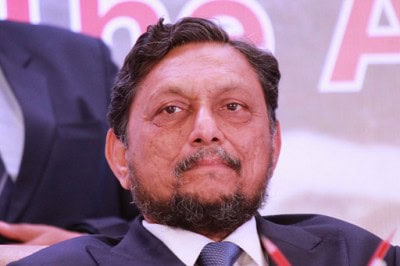New Delhi, March 15 : In a major development in the coal block allocation scam case, which has been moving at a snail’s pace for six years, the Supreme Court on Monday asked the Delhi High Court’s Chief Justice to suggest five judges of “high calibre” to replace the special judge appointed to try the case.
A bench, headed by Chief Justice S.A. Bobde and comprising Justices A.S. Bopanna and V. Ramasubramanian, said: “We accordingly request the Hon’ble Chief Justice, Delhi High Court to give us a panel of names of about five judges of a high calibre and absolute integrity to enable us to suggest an appropriate replacement for Bharat Parashar, Special Judge.”
The bench said it has received a letter from the Delhi High Court’s Registrar General seeking its permission to nominate/post another suitable officer as special judge in place of Parashar, citing that the coal block allocation matter is pending for about six years when the law contemplates the disposal of such matters in two years, with the proviso of four extensions of periods of six months each.
“We find that Bharat Parashar who has acted as a Special Judge (PC Act), (CBI)-07, Patiala House Court, New Delhi, needs to be replaced, as he has now completed more than 6 years in the same post after having been posted as Special Judge in the above-mentioned court since August 19, 2014,” the top court said in its order.
The special judge, which was nominated by Supreme Court on recommendation of a sitting Delhi High Court judge, had reportedly taken to task various investigating agencies from time to time. Parashar had also summoned former Prime Minister Manmohan Singh in the coal scam.
The top court had appointed senior advocate R.S. Cheema, as special public prosecutor to conduct the prosecution of the offences pertaining to coal block allocation matters on behalf of the Central Bureau of Investigation and the Enforcement Directorate after quashed 214 coal block allocations made between 1993 and 2010 in 2014.
The top court had termed these allocations arbitrary, illegal and amounting to unfair distribution of national wealth. The decision had come on a plea led by NGO Common Cause and others challenging the legality of allocation of coal blocks to private companies from 1993 onwards.
Disclaimer: This story is auto-generated from IANS service.

